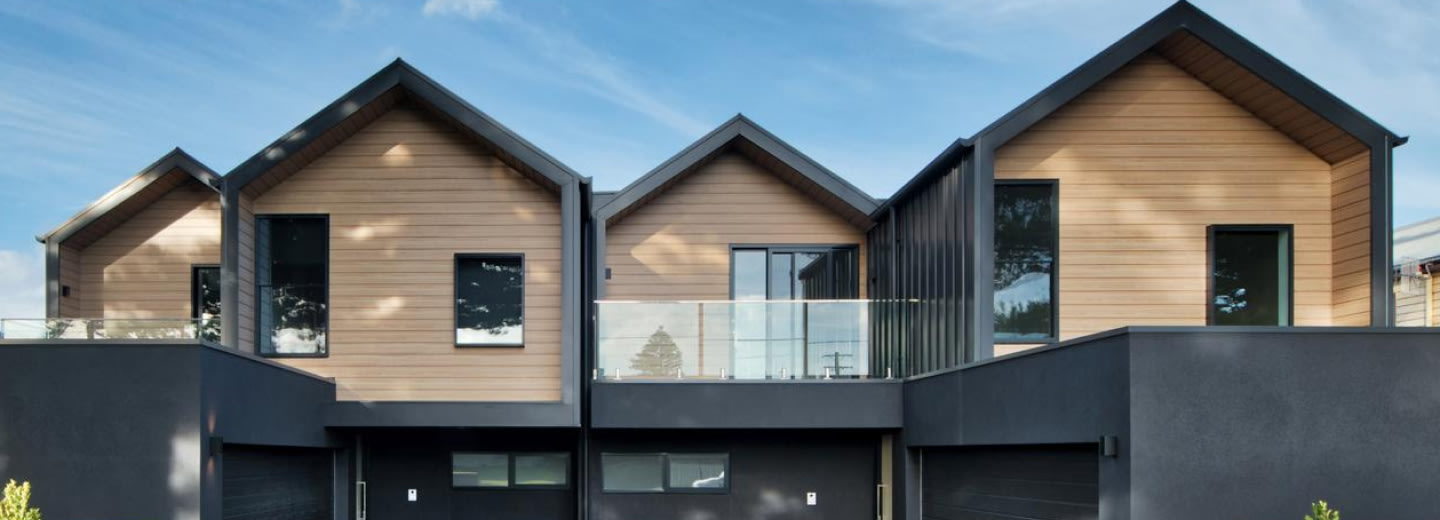Mortgages & Shared Ownership Explained: Is It a Good Option in 2025?
Thinking of buying a home through shared ownership in 2025? This complete UK guide explains how shared ownership mortgages work, the pros and cons, costs, and whether it’s the right choice for you.


Shared Ownership in the 2025 Housing Market
With UK house prices still high and affordability tests becoming tougher shared ownership remains one of the most talked-about routes for first-time buyers in 2025.
It offers the chance to get onto the property ladder with a smaller deposit and lower initial mortgage payments —but it’s not without restrictions and hidden costs.
If you’re considering a shared ownership mortgage you need to understand exactly how it works the long-term implications and whether it’s genuinely a good deal for your situation .
What Is Shared Ownership?
Shared ownership is a government-backed housing scheme where you buy a portion of a property (typically 25%–75%) and pay rent on the remaining share to a housing association or developer.
You can later increase your ownership over time through a process called staircasing until you own 100% (if the lease allows).
How Shared Ownership Mortgages Work
When you buy through shared ownership:
Choose your share size – Often between 25%–75% of the property’s value.
Pay a deposit – Based only on your share (e.g. 5%–10% of your share price).
Take out a mortgage – Covers the rest of your share’s cost.
Pay rent – On the share you don’t own typically at a reduced rate.
Cover service charges – For maintenance of communal areas buildings insurance and major works.
Example:
Full property price: £300 000
You buy 40% (£120 000)
5% deposit on your share: £6 000
Mortgage needed: £114 000
Rent due on remaining 60%: ~£375–£500/month (depends on the housing association)
Service charge: ~£100–£200/month
Pros of Shared Ownership in 2025
 Lower deposit required – Makes buying possible sooner.
Lower deposit required – Makes buying possible sooner.
 Smaller initial mortgage – More manageable repayments.
Smaller initial mortgage – More manageable repayments.
 Potential to staircase – Increase ownership over time.
Potential to staircase – Increase ownership over time.
 Access to high-cost areas – Live in locations you couldn’t afford outright.
Access to high-cost areas – Live in locations you couldn’t afford outright.
 Security – More stable than renting privately.
Security – More stable than renting privately.
Cons of Shared Ownership in 2025
 Ongoing rent payments – You’ll still be paying rent alongside your mortgage.
Ongoing rent payments – You’ll still be paying rent alongside your mortgage.
 Service charges – Can be high and increase over time.
Service charges – Can be high and increase over time.
 Restrictions on selling – Housing association usually has first refusal.
Restrictions on selling – Housing association usually has first refusal.
 Costs to staircase – Valuation fees legal fees and possible higher mortgage rates.
Costs to staircase – Valuation fees legal fees and possible higher mortgage rates.
 Responsibility for 100% of repairs – Even if you own only part of the property.
Responsibility for 100% of repairs – Even if you own only part of the property.
Staircasing: Increasing Your Ownership
Staircasing lets you buy more shares in your property.
Minimum additional share purchase: usually 10% (sometimes 5% under new rules).
Property must be valued each time (costing ~£250–£500).
You’ll need a solicitor for each transaction.
Rent decreases as your share increases.
Eligibility for Shared Ownership in 2025
You may qualify if:
Your household income is under £80 000 (or £90 000 in London).
You’re a first-time buyer previous homeowner who can’t afford to buy again or an existing shared ownership owner looking to move.
You can afford the deposit and monthly costs (mortgage + rent + service charge).
How Shared Ownership Mortgages Differ from Standard Mortgages
Feature | Shared Ownership | Standard Mortgage |
|---|---|---|
Deposit | Based on your share | Based on full property value |
Ownership | Partial | Full |
Ongoing Rent | Yes | No |
Service Charges | Always apply | Only for leasehold properties |
Flexibility | Restricted | Full control |
Selling Process | Housing association has first refusal | Sell on open market freely |
Is Shared Ownership a Good Option in 2025?
Shared ownership can be a lifeline for first-time buyers priced out of the full market—especially in high-demand cities.
It’s best for those who:
Want stability and can’t yet afford full ownership
Plan to staircase gradually
Are aware of all fees and restrictions
It’s less suitable for buyers who:
Want total control over selling and alterations
Can save a larger deposit in a short timeframe
Expect to move again in the next few years (due to selling restrictions)
WiseNest Verdict
 Good option if you value getting on the ladder sooner understand the ongoing costs and can commit long-term.
Good option if you value getting on the ladder sooner understand the ongoing costs and can commit long-term.
 Proceed with caution if you’re unsure about staying put or want full ownership freedom from day one.
Proceed with caution if you’re unsure about staying put or want full ownership freedom from day one.



![Flood Zones, Noise, and Crime: What Area Reports Can Reveal to UK Homebuyers [2025 Guide]](https://a.storyblok.com/f/335762/1666x850/c67f7cec43/map-from-check-flooding.png)
![What Is Indemnity Insurance and When Might You Need It? [2025 UK Buyer’s Guide]](https://a.storyblok.com/f/335762/2560x1707/d026575128/what-is-indemnity-insurance-scaled.jpg)
![What Surveyors Don’t Check: Common Misunderstandings Every UK Homebuyer Should Know [2025 Guide]](https://a.storyblok.com/f/335762/352x240/c7bfdabdfb/survey-female-352x240-jpg.webp)